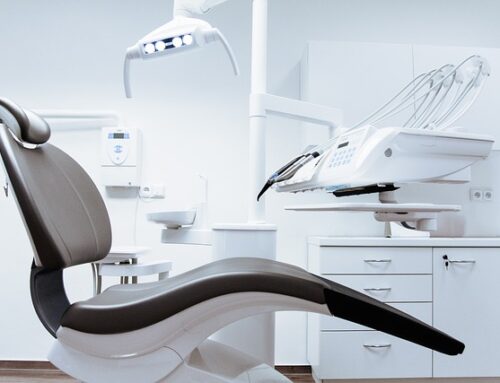For many patients, when they experience jaw pain it is often hard to determine the culprit because there is no toothache in sight. This is often because the mysterious jaw pain does not always have to do with their mouth. It can actually be caused by stress. Understanding why a patient’s jaw might be hurting when they are anxious can help them avoid more aches and pains in the long run.
Jaw pain and anxiety
When it comes to experiencing anxiety, it is not just mental. It can trigger a range of physical symptoms, including jaw pain, skin rashes and fevers. That’s just naming a few of the additional symptoms so many experience. This occurs because when people are stressed, they enter into their fight or flight mode. In turn, this floods a person’s body with hormones that will help them do something to overcome their threat.
When this stress response occurs, it can cause a racing heartbeat, fast breathing, sweating and muscle tension. And the hotspot for that muscle tension is a person’s jaw. Any prolonged tensing in that area can place too much pressure on the jaw joints and muscles in the cheeks, which causes pain.
Provide treatment for jaw pain
Besides the jaw pain itself, other signs that a patient might be clenching or grinding their teeth are broken teeth, tooth sensitivity or indentations on the edges of their tongue. In the short-term, they can deal with the jaw pain by relaxing their body to relieve tense muscles. Regular workouts, jaw massages and practicing good posture can make a big difference.
Beyond the short-term relief, it is important for patients to get treatment for their jaw pain. As a dentist, if you can provide these services for your patients, the better they will be able to find relief from their pain.





